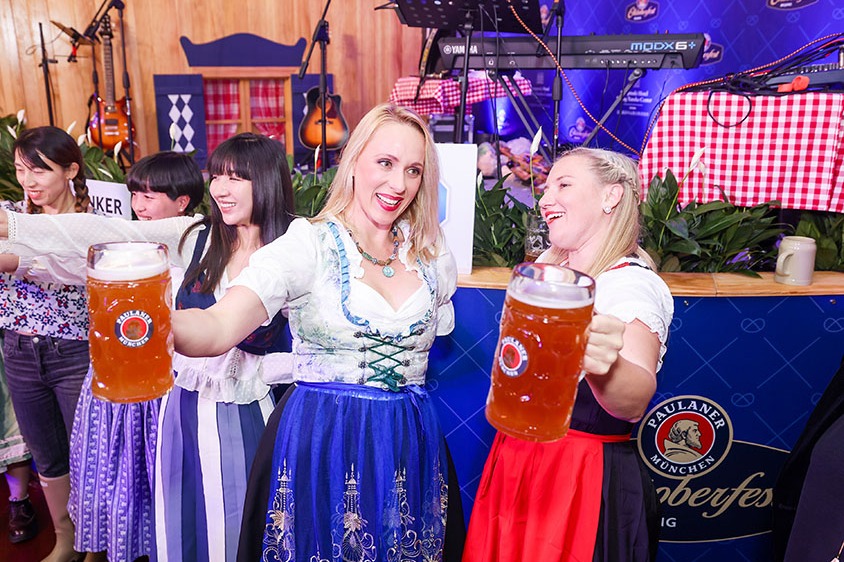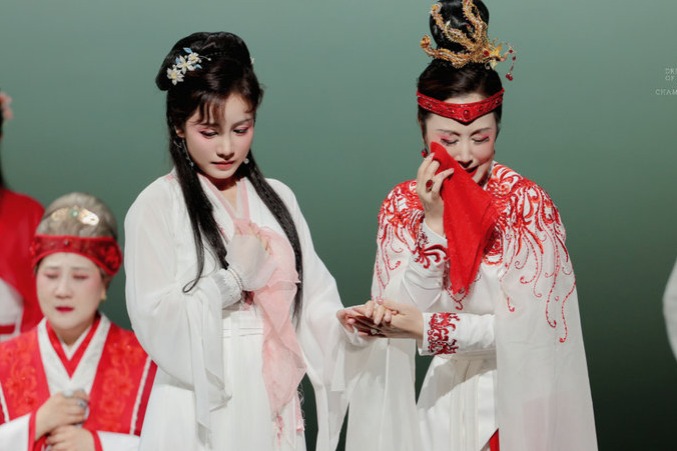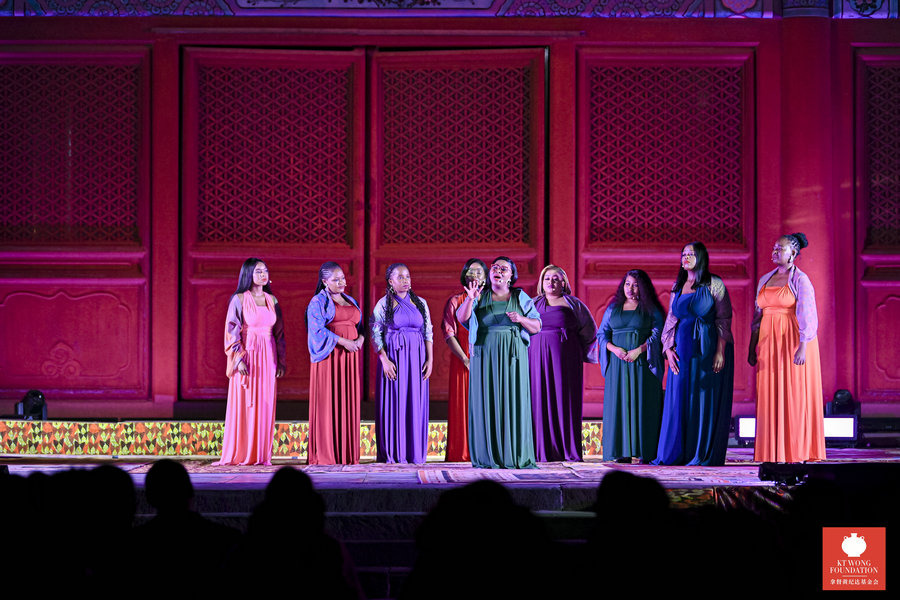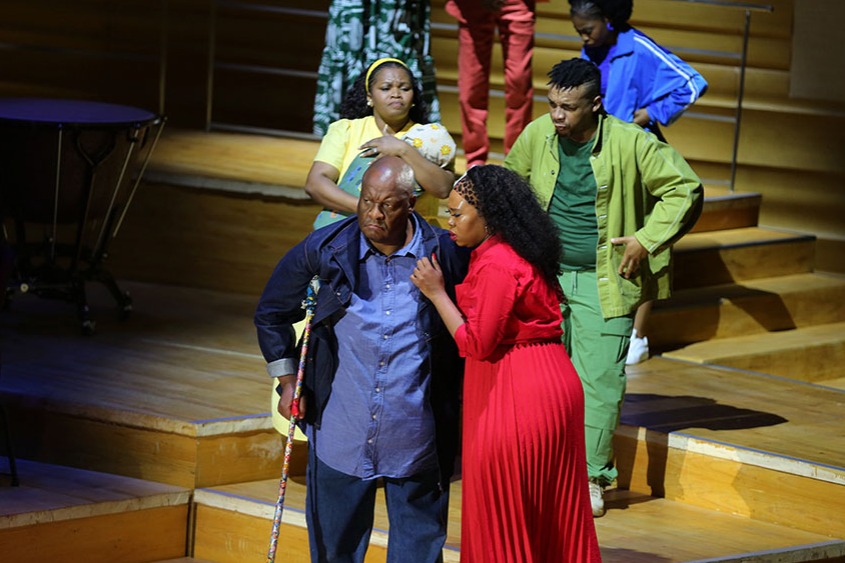In China's Hainan, 86-yr-old artist gives modern makeover to traditional music

For the Spring Festival holiday, Huang Zihe and his troupe visited various venues and performed with the Hainan Bayin, a traditional musical instrument endemic to south China's Hainan Province.
"I am the luckiest guy in the world because I get to pass on the traditional Bayin art," said 86-year-old Huang. "I do hope that the children will bring the music style to more people overseas."
Hainan Bayin, or Hainan Eight Tunes, literally refers to the eight types of musical instruments made of materials cultivated in Hainan, such as coconut shells and Chinese rosewood. It also refers to the Bayin musical style created with the instrument. In Hainan, more than 500 Bayin musical scores exist, recording local people's daily life and the traditional Hainan culture.
Bayin troupes usually perform at weddings, funerals and when offering sacrifices in northern Hainan, and during the peak of Bayin's popularity, almost all villages had their own Bayin troupe.
Hainan Bayin enjoyed popularity for almost 1,000 years. However, in recent decades, the popularity gradually waned as people left their hometowns, fewer people listened and there are less musical creators.
Huang started learning Bayin music at a very young age.
"I learned how to play the Bayin from a master in the neighboring village," he recalled. "I learned to play different types of musical instruments when I was a kid."
Huang later became a professional musician at the provincial opera house. After spending decades in the industry, Huang retired and later settled in Australia.
MASTER'S COMEBACK
In 2008, Huang saw a news story that reported Bayin being listed as a national intangible cultural heritage in China and the dire need for attention to be paid to the musical style due to a lack of professional teachers. Huang, who was teaching foreign students about Bayin, became anxious.
"Hainan Bayin was quite popular with foreigners in Australia and many wanted to learn the art," he said. "So when I saw the story, I was determined to help pass on the Bayin culture in my hometown."
Huang decided to come back to Hainan and became a volunteer in a local cultural station in the provincial capital Haikou. He would also go to parks to teach senior citizens how to play Bayin. He offered the musical instrument for free and taught people about playing techniques.
"I realized that we lacked young people in this industry," he said.
So Huang invited local students to the cultural station to learn Bayin. Under his wing, the students learned to perform within a year and their performances were quite popular with the parents and teachers.
In recent years, authorities have provided more subsidies and established cultural stations to pass on traditional arts.
NEW TUNES OF TRADITIONAL MUSIC
Huang has developed different methods to teach elderly students and those from primary schools.
"For the elderly, they need to learn the basics quickly and you need to give them a sense of achievement when they practice," Huang said. "For the pupils, I usually incorporate Bayin music with nursery rhymes, so that they find it interesting."
Ouyang Ziyi, a primary school student, has been learning Bayin from Huang for three years. His parents are quite supportive.
"Bayin is a local musical style, and it is charming and unique," Ouyang said. "I believe more people will fall in love with our folk music in the future."
In 2019, Huang took his Bayin troupe to Singapore and Malaysia. Their performances touched the hearts of many overseas Chinese who originally came from Hainan.
"When they heard the familiar hometown tunes, they were overwhelmed," Huang said. "Some sobbed, and some cried out loud."
Mou Guifen is one of Huang's students and part of the Bayin troupe.
"Huang is my mentor, and he teaches tirelessly," Mou said. "He is an amazing artist."
Huang is keen on passing on Bayin among generations.
"Bayin has more than 500 scores, and has been passed on for almost 1,000 years," Huang said. "Passing it on is a beautiful thing."



































